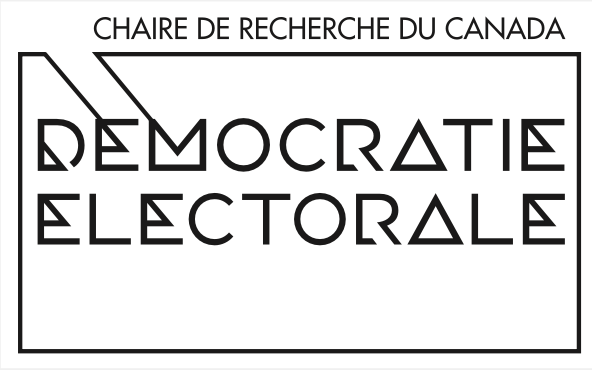Electoral Chair’s Seminar – October 25th
Probing patrimony: does the accumulation of assets actually shape voting preferences?
Justin Robinson – University of York, Pavlos Vasilopoulos – University of York, and Sofia Vasilopoulou – King’s College London
Three-dimensional models of economic voting behaviour posit that patrimony – or the ownership of assets such as property, business or stocks – shape party preferences. Whilst extant evidence supports the central claim that patrimony is associated with centre-right voting, much of this research has been cross-sectional, which raises the potential issue of confounding. Assets (and the financial and cognitive means to accumulate assets) are often inherited from one’s parents and thus to properly assess patrimony, models must disaggregate its impact from the influence of socialization and parental transmission on voting behaviour. This paper seeks to fulfil this objective, using household panel data in the UK to assess the impact of patrimony on voting preferences, net of individual heterogeneity, and to assess the influence of patrimony alongside parental transmission. Results indicate that accounting for parental transmission explains away much of the association between patrimony and voting preferences, and these findings act more broadly as a call to identify and interrogate alternative explanations for and pathways of economic voting.

This content has been updated on 18 October 2023 at 14 h 48 min.